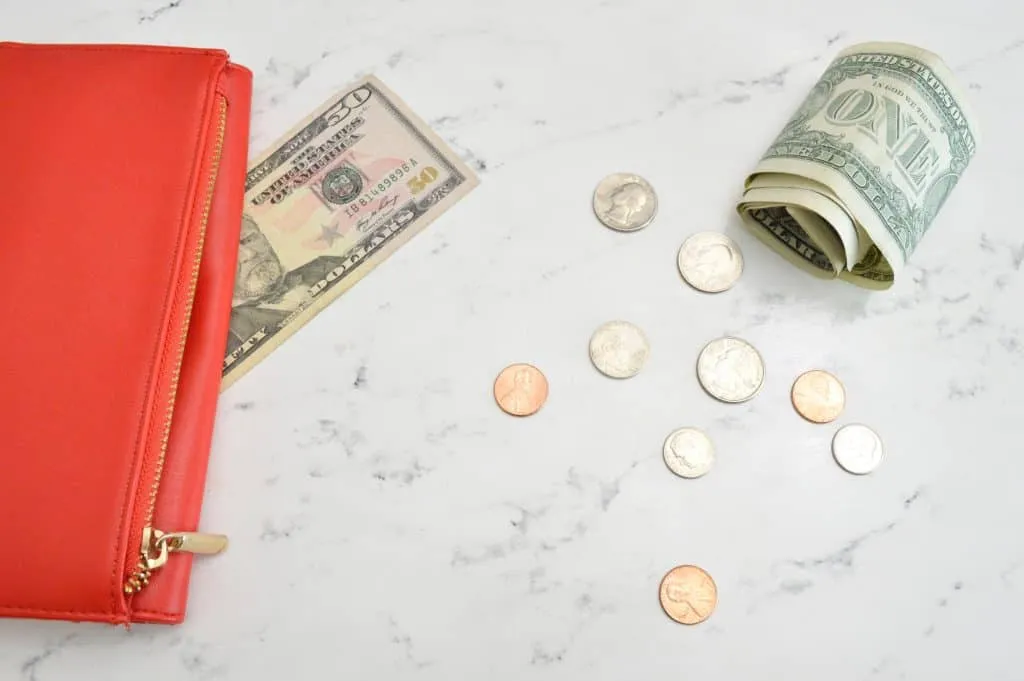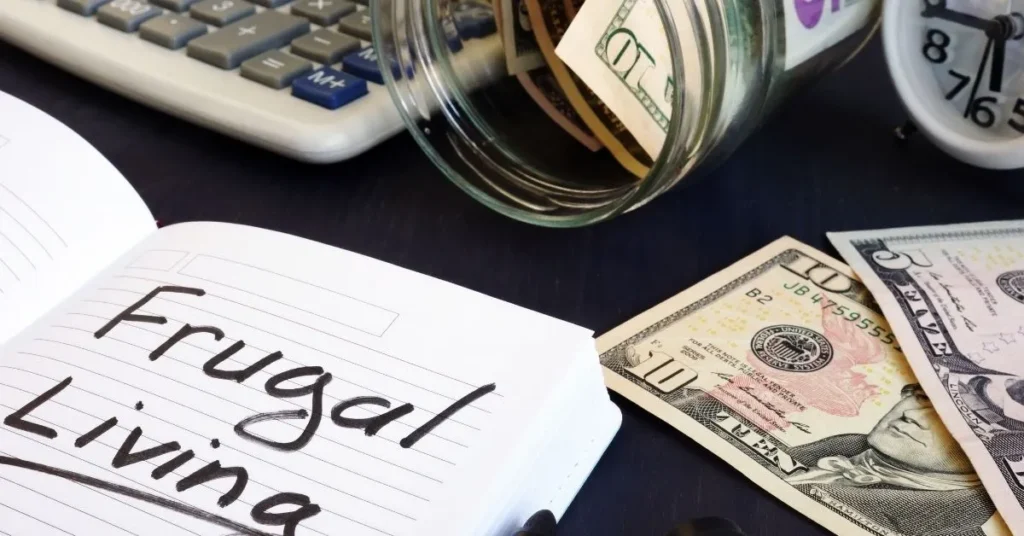Extreme frugality reaches the limits for saving every little amount of money you don’t need to spend. The extreme frugal ways to save money, which shall pay handsomely off to the committed soul fain for financial freedom or those on very lean budgets.

Though a few of them may sound out of the ordinary, each one of them will enable you to cut down on expenses to the barest minimum, build up savings at a phenomenal rate, and make the fullest use of slender resources.
Ready to take it to the next level? Read about these innovative ways, which have a little bit of creativity, resourcefulness, and sacrifice.
Extreme Frugal Ways to Save Money
To frugally save a reasonable amount, especially for a project at hand, you need to be committed to achieving your desire. However, here are some ways to save frugally.
1. Cutting Cable and Internet
Instead of paying for cable or internet, watching movies, YouTube videos, listening to music, or reading from books borrowed from the library, or using the free Wi-Fi terminals or free trials from some of the online streaming service providers.
Because of these price concerns, some go ahead and organise group subscriptions of paid services between them and other family member or friends for other streamers.
2. Bartering and Trading Services
Instead of paying cash, barter your skills and services with others. Give babysitting in return for repairs or give electrical services for gardening.
3. Dumpster Diving for Necessities
Not for the squeamish, some extreme savers will make a regular habit of diving into dumpsters and rummaging through the trash for such things as food, furniture, or clothes that may still be good enough to use.
Many groceries and businesses will “throw away” excellent items every day for one reason or another, and these items can be recovered and used.
4. DIY Everything
From repairing things at home to giving beauty treatments, doing these DIYs instead of paying for them saves a lot. Learn cooking, sewing, and preparing cleaning products yourself to save those extra bucks that are spent unnecessarily.
5. Make Use of Rainwater and Solar Energy
Save utility bills by collecting rainwater in barrels for gardening or other cleaning purposes. If viable, go ahead with the installation of solar panels that, over time, will provide free electricity and lower your utility bills in the long run.
6. Maintain a Minimalist Wardrobe
Do not buy extra clothes unless absolutely necessary. Adopt a capsule wardrobe in which items are just the bare essential pieces that mix and match. This way, it can help cut down on spending on buying only high-quality, durable pieces.
7. Do No-Spend Challenges
Take no-spend challenges for the length of time, which may be weekends, months, or even a whole year, wherein these periods one does not spend his or her money on frivolous things. The behavior then changes from wants to needs and speeds up saving in whatever other form.
Frugal Living Tips from the Great Depression

Money was in scarcity due to the Depression of the 1930s, and everything humanly possible had to be tried in order to survive on less. The following timeless, frugal tips take their inspiration from the decade of depression.
1. Grow Your Own Food: Most families grew a vegetable garden for groceries so that money could be saved and food was assured.
2. Food Preservation: Canning and preserving surplus food so as not to waste but save for times that might get tough.
3. Reusing Everything: nothing was thrown away but instead reused creatively; even glass jars, pieces of fabric, and old newspapers became something else.
4. Communal Living: This is about sharing a house or living together, thus sharing the cost of rentals and utilities.
Basic survival skills relevant to the modern world that anyone prudent can apply in their lives to live frugally
Is Extreme Frugality a Disorder?
Frugality can be healthy financial behavior but may become problematic when carried to an extreme.
Compulsive hoarding or pathological saving, also known as chrematophobia, refers to the fear of spending money.
Frugality can actually be a form of a mental health disorder if one is practicing extreme frugality and when:
It interferes with emotional functioning or creates guilt in spending even on basic needs. Too much money-saving promotes the growth of social isolation.
Spendings or oversavings hurt relationships when there are arguments about them. It’s all about the right balance between saving and living well.
Habits of frugality that affect a person’s mental health and relationships are best treated with the professional help of a person who can safely bring a more optimistic view about money.
How Can I Be Frugal Instead of Cheap?

While frugality and cheapness both serve the ultimate purpose of saving money, the big difference between the two is in how such savings are accomplished. Following are ways one can be frugal without coming off as cheap:
1. Invest in Value: Frugal buyers purchase high-quality products to serve longer, while cheap behavior purchases items that are low in price without giving regard to quality.
2. Long-term Savings Plan: Frugality deals with how to save meaningfully, such as investment in appliances that save energy, while cheap means total avoidance of a necessary expense.
3. Practice Thoughtful Generosity: A frugal person would share what they save or budget for in terms of gifts; cheap behavior may mean avoidance of generosity altogether.
Weeds out what matters most, cuts the non-essential- that is what frugality is all about- yet allows for that occasional splurges which make one happy.
Spending smart is what frugality does; being cheap means sacrificing on quality and relationships.
How Much Can I Get for Saving Frugally?
Frugality does, of course, depend on income level, expenses, and personal commitment; hence, building wealth through frugal living is going to depend on these parameters. Following are some realistic estimates of what one could save:
1. Moderate Frugality: One is estimated to save 10-20% of one’s income every month, which would build up an emergency fund for 3-6 months in a year or two.
2. Extreme Frugality: Through extreme reductions in spending, some manage to save up to 50% of their income. The usual result is financial independence or early retirement in a decade or two.
3. Goal-oriented Savings: One is saving for something, say, a vehicle or house purchase. In this case, extreme frugality may very well help you reach your target in a couple of years.
Consistency is the keyword. It amazes one how the tiniest of savings accrued through frugal habits add up in due course to give one both security and financial freedom.
Conclusion
The one thing that sounds weird apart from extreme frugal ways of saving money surely leads to higher levels in terms of financial control and independence.
Do-it-yourself projects, no-spend challenges—from such a practice, one will have the ability to extend the dollar further and take on long-term goals.
Some include envelope-pushing strategies, like bartering and dumpster diving, while others—minimalism and careful planning—feature sustainable living.
Frugality does need to be taken to that radical degree extent whereby it ceases to be a healthy habit.
The practice of radical frugality will open more doors in the form of financial growth, freedom, and peace of mind—so long as it is nurtured through discipline and balance.





